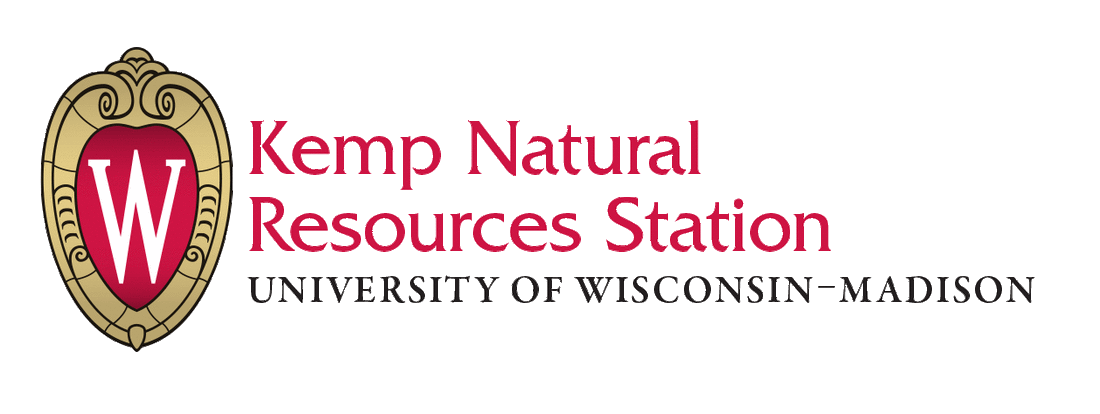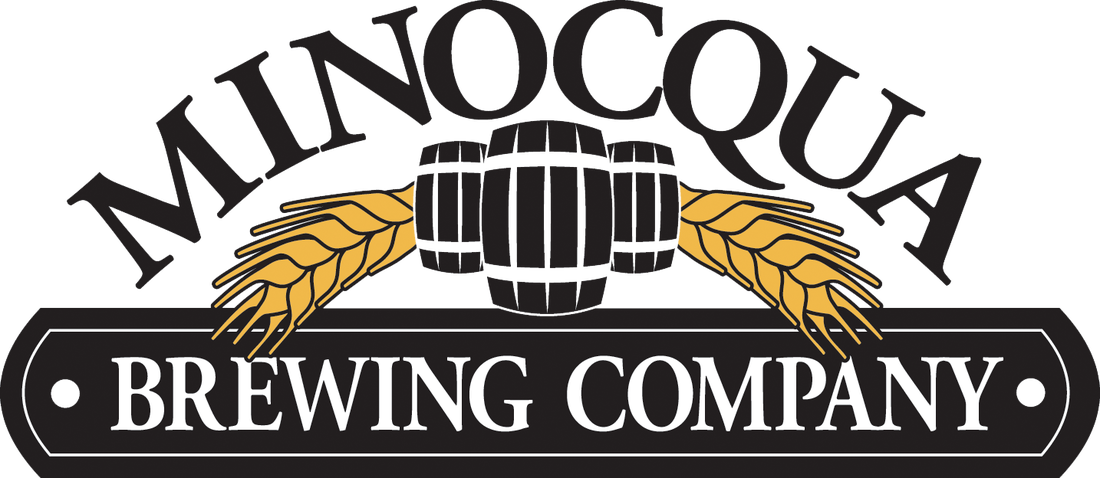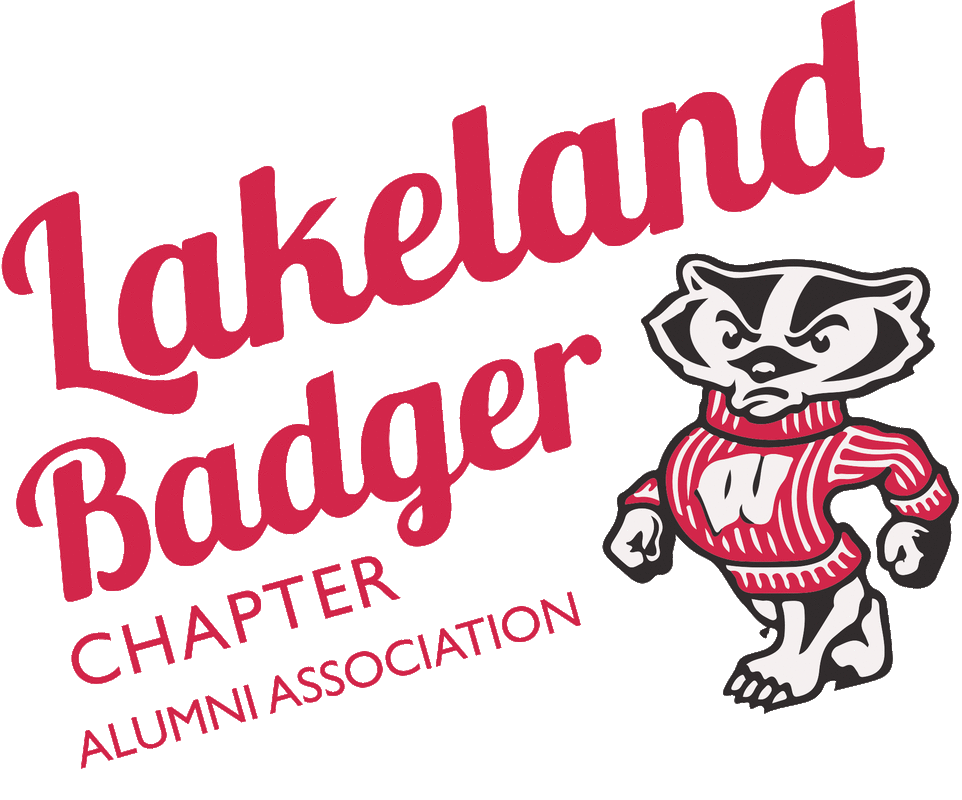view past presentations on You Tube
December 7, 2016 Genetically Modified Crops: What are the Benefits & Risks?
Joe Lauer, UW-Madison Department of Agronomy
Joe Lauer, UW-Madison Department of Agronomy
|
SoT Shorts: Dr. Joe Lauer
|
Joe grew up in north central Minnesota and holds degrees from St. John's University and the University of Minnesota. From 1985 to 1994, he was faculty extension agronomist at the University of Wyoming. In 1994, Joe joined the Agronomy faculty at the University of Wisconsin where he is responsible for conducting applied research and delivering Extension educational programming for Wisconsin farmers, advisors and industry. You either “love ‘em or hate ‘em.” GMOs that is. The impact of transgenic crops has been as revolutionary as hybrid corn was in the 1930s when farmers were reluctant to adopt scientific farming practices. However, within five years over 90% of Midwest farmers had adopted hybrid corn. Transgenic corn has been quickly adopted by farmers as well, but the consumer side of agriculture has not. A “Grand Experiment” has been going on in the countryside since 1996. We will explore the ups and downs of the first twenty years of transgenic crops in our Midwest cropping systems. https://www.youtube.com/watch?v=36YnigZIsog http://grow.cals.wisc.edu/departments/on-henry-mall/the-value-of-gmos http://news.wisc.edu/value-of-modified-corn-is-more-in-reducing-losses-than-boosting-yields/ http://agronomy.wisc.edu/joe-lauer/ |
November 2, 2016 Evolution of Public Education
Mark Johnson, UW Madison Dept. of Education
Mark Johnson, UW Madison Dept. of Education
|
SoT Shorts: Dr. Mark Johnson
|
Mark Johnson, is the director of Educational Innovation (EI), an initiative of the provost’s office at UW Madison.
Johnson has been an assistant professor at UW–Madison since 2009 and previously worked as a tenured associate professor of history at Colorado College. Mark has more than 20 years of experience participating in and leading higher education reform projects, and academic and partnership program evaluations. His academic and professional experiences have encompassed diverse fields including history, international studies, public diplomacy and educational studies. Mark is a UW–Madison graduate who received a bachelor’s degree with honors in history in 1984 and a doctorate in history and certificate in Russian studies from Columbia University in 1995 and 1997. http://edinnovation.wisc.edu/ http://news.wisc.edu/uw-madison-names-director-of-educational-innovation/ |
October 5, 2016 Trees, Tree Health and Champion Trees
Bruce Allison, UW Madison
Bruce Allison, UW Madison
|
SoT Shorts: Dr. Bruce Allison
|
Bruce Allison, Ph.D is Adjunct Professor of Forest and Wildlife Ecology, UW-Madison. Bruce is an author, educator, researcher, inventor and a co-operative researcher at the USDA Forest Products Laboratory. An internationally recognized expert in advanced technology in tree decay detection and tree risk assessment he has written several books on tree history and appreciation.
Having lectured in North America, Europe, South America and Asia, Bruce believes that the Wisconsin Idea of bringing University research to the borders of the state and beyond is especially needed on the universal topic of trees. Join us for a conversation about Wisconsin's most significant, unusual, and historic trees. From magnificent elms to beloved pines to Frank Lloyd Wright's oaks, these trees are woven into our history, contributing to our sense of place. They are anchors for time-honored customs, manifestations of our ideals, and reminders of our lives' most significant events. Bruce sets forth an environmental message as well, reminding us to recognize our connectedness to trees and to manage our tree resources wisely. |
September 7, 2016 Geology of the Lakeland Area
J. Elmo Rawling 3rd, UW Platteville, UW Milwaukee, Wisconsin Geological and Natural History Survey and Nick Balster, UW Madison
J. Elmo Rawling 3rd, UW Platteville, UW Milwaukee, Wisconsin Geological and Natural History Survey and Nick Balster, UW Madison
|
SoT Shorts: Dr. Elmo Rawling and Dr. Nick Balster
|
Elmo Rawling, Ph.D is a Geologist with the UW-Extension-Wisconsin Geological & Natural History Survey. Dr. Rawling’s research focuses on the history of glaciation in Wisconsin and its effects on the state’s land forms and topography. Dr. Rawling is also interested in the geology of the sand dunes, beaches and past lake levels along Lake Michigan. He and his colleagues at the Survey have recently completed a map of the glacial deposits of Oneida county utilizing new high-resolution topographic data. - See more at: http://www.uwalumni.com/event/lakeland-field-trip-glacial-geology/#sthash.WwkI34hL.dpuf
Nick Balster, Ph.D is an Associate Professor at the University of Wisconsin-Madison in the Department of Soil Science. Dr. Balster studies the interactions between plants and soils and the factors controlling soil fertility. Dr. Balster examines soils in diverse systems from forest communities to prairies to restorations in both “natural” and urbanized landscapes. - See more at: http://www.uwalumni.com/event/lakeland-field-trip-glacial-geology/#sthash.WwkI34hL.dpuf |
June 1, 2016 Science, Politics and the Great Divide
Dr. Dominique Brossard, UW Madison Life Sciences Communication
Dr. Dominique Brossard, UW Madison Life Sciences Communication
|
SoT Shorts: Dr. Dominique Brossard
|
Dominique Brossard is professor and chair in the Department of Life Sciences Communication at the University of Wisconsin-Madison and an affiliate of the UW-Madison Robert & Jean Holtz Center for Science and Technology Studies, the UW-Madison Center for Global Studies and the Morgridge Institute for Research.
Brossard’s research agenda focuses on the intersection between science, media and policy with the Science, Media and the Public (SCIMEP) research group, which she co-directs. A fellow of the American Association for the Advancement of Science and a former board member of the International Network of Public Communication of Science and Technology, Brossard is an internationally known expert in public opinion dynamics related to controversial scientific issues. She is particularly interested in understanding the role of values in shaping public attitudes and using cross-cultural analysis to understand these processes. SCIMEP’s recent work has focused on scientific discourse in online environments, such as Twitter (SCIMEP lab work is presented here). She has published numerous research articles in outlets such as Science, Science Communication, the International Journal of Public Opinion, Public Understanding of Science, and Communication Research and has been an expert panelist for the National Academy of Sciences on various occasions. |
MAY 4, 2016 THRIVING AT ANY AGE: GUIDELINES FOR LIVING A HAPPY AND HEALTHY LIFE
Robert McGrath, Psychologist, UW Health Services
Robert McGrath, Psychologist, UW Health Services
|
SoT Shorts: Dr. Robert McGrath
|
Dr. Robert McGrath, Distinguished Psychologist Emeritus of the UW-Madison and former Coordinator of UW Mind-Body Wellness Services with specialties in Health and Positive Psychology, Stress and Sleep Management. Dr. McGrath identifies as a Positive Psychologist, the group that started realizing that focusing on the positive areas of HAPPINESS, THRIVING, GRATITUDE, and HEALTHY LIVING is more effective and uplifting than staying focused on the not-so-positive areas. Much of the change in one’s happiness is due less to life events than to “the nature of your primary relationships, your social relationships, your lifestyle and life goals.” In recent years, the field of psychology has taken a turn to focus on the more positive aspects of our lives. Join us, as we review ten ways to improve your health, happiness and overall well-being. |
APRIL 6, 2016 LANDS FOR THE PUBLIC – CONSERVATION AND DESIGN OF OUR NATIONAL PARKS AND FORESTS
Janet Silbernagel, Nelson Institute, UW Madison
Janet Silbernagel, Nelson Institute, UW Madison
|
SoT Shorts: Dr. Janet Sibernagel
|
Janet Silbernagel, (Ph.D.) is the Program Director for the Environmental Conservation professional masters in the Nelson Institute for Environmental Studies and Professor of Landscape Architecture. Janet started her career in forest management with the US Forest Service. She worked as a landscape architect and landscape ecologist on the Allegheny and Hiawatha National Forests as she completed her PhD in Forest Science from Michigan Technological University. She taught at Washington State University before coming to UW-Madison in 1999. Her research applies landscape ecology and geospatial analyses to regional conservation strategies. Our nation’s vast treasure of natural resources, clean air, water and beautiful landscapes have been the basis of our economy and quality of life. A small group of people, such as John Muir and Theodore Roosevelt, recognized early that our greatest natural treasures belong to everyone and need to be preserved and open to all. Over the past 160 years the National Parks and National Forests systems have evolved, preserving for future generations the natural environment and cultural history of our country. Join us for a conversation about the design, management, and value of our national parks and forests to public recreation and conservation. |
MARCH 2, 2016 THE WONDERFUL WORLD OF WISCONSIN FISHES
John Lyons, Wisconsin DNR and UW Madison Zoological Museum
John Lyons, Wisconsin DNR and UW Madison Zoological Museum
|
SoT Shorts: John Lyons
|
John will give a brief overview of the fauna, touching on topics such as Wisconsin’s fishes by the numbers (how many different kinds, the biggest, smallest, oldest, shortest-lived, most and least common, etc.), the strangest Wisconsin fish, and the odd mating rituals of Wisconsin’s favorite panfish, the bluegill. Then of course lots of time for questions. John Lyons has been interested in fishes as long as he can remember, avidly fishing, snorkeling/diving, and keeping tropical and temperate fishes from an early age up to the present. He became fascinated with the scientific study of fishes as an undergraduate student at Union College in Schenectady, NY, from which he received a B.S. in Biology in 1979, leading him to choose to make fish biology his career. He attended graduate school at the University of Wisconsin-Madison, receiving his M.S. in 1981 and his PhD in 1984, both in Zoology with emphasis on fish ecology and ichthyology. In early 1985, just after completing graduate school, John was fortunate to be hired as a Fisheries Research Scientist for the Wisconsin Department of Natural Resources and to be appointed as Adjunct Curator of Fishes at the University of Wisconsin Zoological Museum, both in Madison, positions he has held ever since. His Research Scientist job focuses on supporting the management of the Wisconsin fish fauna, whereas much of his Curator position is concerned with the biology and conservation of Mexican freshwater fishes, particularly the goodeids. He made his first scientific expedition to Mexico in 1986 and has returned almost annually ever since, forging professional collaborations with Mexican institutions in Guadalajara, Morelia, Mexico City, and Queretaro, where he was a visiting professor in 1999. http://aqua.wisc.edu/publications/ProductDetails.aspx?ProductID=484 |
FEBRUARY 3, 2016 MICROBES AROUND US
Trina McMahon, UW Madison, Department of Civil and Environmental Engineering
Trina McMahon, UW Madison, Department of Civil and Environmental Engineering
|
SoT Shorts: Dr. Trina McMahon
|
Microbes possess extraordinarily diverse and sophisticated physiologies, communication strategies, and mechanisms of evolution. Scientists and engineers are only beginning to understand and exploit the metabolic potential of these organisms and their communities. The broad objective of my research program is to improve our capacity to predict and model microbial behavior, while searching for novel biologically mediated transformations that can be harnessed for engineering applications.
My students and I study the microbial ecology of both natural and engineered systems. We use molecular tools to investigate microbial community structure and function in lakes and activated sludge. More recently, we have been using high-frequency environmental sensor networks to measure important variables that we know influence bacterial communities. Sensor data provided through the Global Lake Ecological Observatory Network (http://www.gleon.org) guides our adaptive sampling efforts and provides rich contextual data for our studies of lake bacterial community ecology. We are particularly interested in phosphorus as a nutrient driving eutrophication, and the role that bacteria play in phosphorus cycling. We are also engaged in metagenomic and post-genomic approaches to dissecting the metabolism of bacteria specialized in the sequestration of phosphorus in activated sludge. This information will ultimately lead to the construction of more predictive mechanistic and ecosystem-scale models to describe such processes as wastewater treatment and freshwater nutrient cycling. |
JANUARY 6, 2016 TAPPING CURIOSITY: CITIZEN SCIENCE FOR ALL AGES
Robert Bohanan, UW Madison and Sandy Wickman, DNR
Robert Bohanan, UW Madison and Sandy Wickman, DNR
|
SoT Shorts: Robert Bohanan and Sandy Wickman
|
Robert Bohanan is a freshwater ecologist and science educator with 30 years of experience conducting research, teaching and public outreach. He completed his PhD in Zoology with Stanley Dodson at the UW Madison. Over the past decade Robert’s ecological research has focused on urban limnology with an emphasis on citizen science. He has taught ecology at all levels from teachers to graduate students to high school and elementary school students.
Sandy Wickman has been the Citizen Lake Monitoring Network Regional Coordinator for much of the Northwoods since 1997.Sandy is responsible for training and supportingcitizen scientists to measure water clarity, phosphorus and chlorophyll concentrations, oxygen, aquatic invasive species, native aquatic plant communities, ice on/ice off dates and lake level fluctuation. She also organizes Clean Boats, Clean Waters (CBCW) workshops and trainings. |





